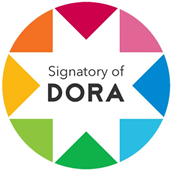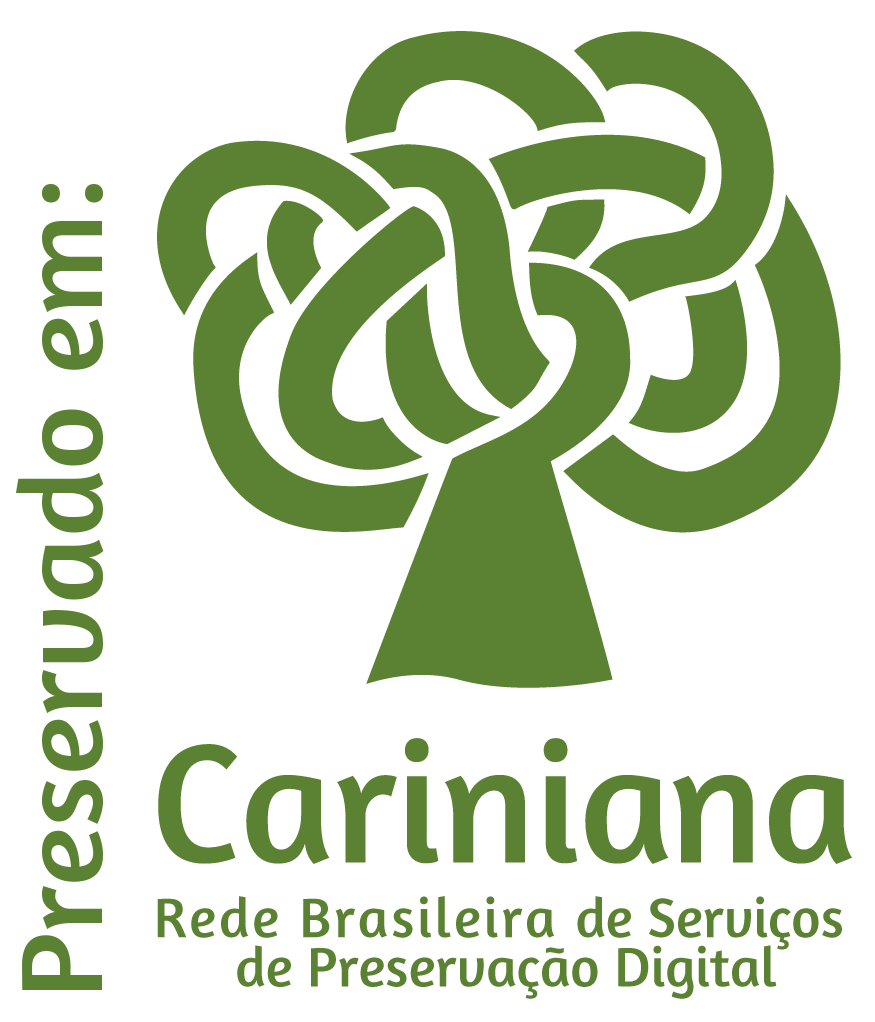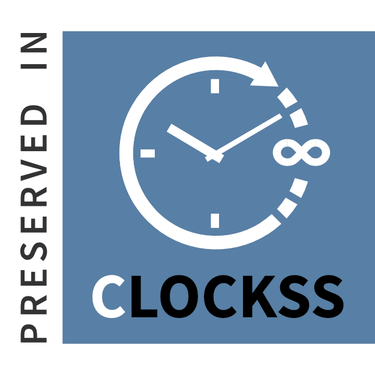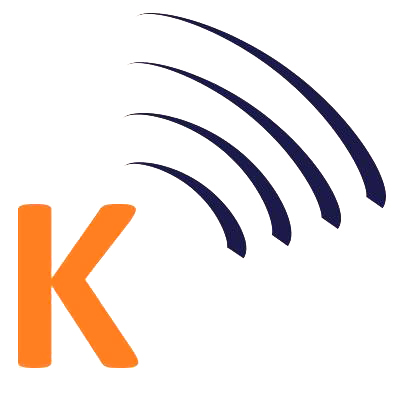The Teaching of Combinatorial Analysis as Curriculum References to Teacher Knowledge
DOI:
https://doi.org/10.31417/educitec.v1i01.13Keywords:
mathematics teaching and learning, teacher knowledge, combinatorial analysisAbstract
This paper is about a research carried out by a Mathematics future teacher, which aimed to
investigate the origin of a curriculum reference for teacher knowledge from the research and
analysis of obstacles, errors and difficulties presented by high school students when they learn
content Combinatorial Analysis. The results showed that the gap between the pedagogical
practice in the classroom and the nature of the content implied unsatisfactory learning in
terms of significant abstract thinking. Awareness of the mathematics future teacher on the
need to relate the nature of the content and pedagogical practice took place under a process
that involved both development and reworkings of knowledge of the mathematical content
and its pedagogical knowledge. Therefore, it is concluded that this process can be considered
a reference curriculum for the development of teacher knowledge from the initial
Mathematics Teacher Education.
Downloads
Metrics
References
BRASIL. Ministério da Educação. Secretaria de Educação Média e Tecnológica. Parâmetros curriculares nacionais: ensino médio. Brasília: MEC / SEMTEC, 1999.
BRITO, M. R. F. De (Org.), Solução de Problemas e a Matemática Escolar. Campinas, Alínea, 2006.
BRITO, M. R. F; FINI, L. D. T.; GARCIA, V. J. N. Um Estudo exploratório sobre as relações entre o raciocínio verbal e o raciocínio matemático. Pro-Posições, 5, p. 37-44, 1994.
CHARLES, R. The role of problem solving. Arithmetic Teacher, 32, p. 48-50.1993
CHARLES, R.; LESTER, F. Mathematical Problem Solving. Springhouse, PA: Learning Institute, 1986.
D'AMORE, B. Elementos de Didática da Matemática. Tradução de Maria Cristina Bonome. São Paulo: Livraria da Física, 2007.
DANTE, L. R. Didática da Resolução de Problemas de Matemática. São Paulo: Ática, 2000.
ECHEVERRÍA, M. P. P.; POZO, J. I. Aprender a resolver problemas e resolver problemas para aprender. POZO, J. I. (Org.). ECHEVERRÍA, M. D. P. P. A Solução de Problemas: Aprender a Resolver, Resolver para aprender. Porto Alegre: ARTMED. 1998
KRUTETSKII, V. A. The Psychology of Mathematical Abilities in Schoolchildren. KILPATRICK, J.; WIRSZUP, I. (Eds). Chicago: University of Chicago Press. 1976
LEBLANC, J. F. Teaching Textbook Story Problems. Arithmetic Teacher. 29, p. 52-54, 1982
MAYER, R. E. A capacidade para a matemática. STERNBERG, R. As capacidades intelectuais humanas. Uma abordagem em processamento de informação. Porto Alegre: Artes Médicas. 1992
MEDEIROS, C.; PACHECO, A. B., Uma investigação sobre o uso de estratégias para a resolução de problemas verbais em análise combinatória. MARANHÃO, C. (Org.). Educação matemática nos anos finais do ensino fundamental e médio: pesquisas e perspectivas. São Paulo: Musa Editora, 2009.
PIROLA, N. A. ; BURANELLO, L. V. A. A resolução de problemas nas aulas de matemática. Anais do V Encontro nacional de Pesquisa em Educação em Ciências, 2005. p. 110-110.
POLYA, G. A arte de resolver problemas. Um novo aspecto do método matemático. Rio de Janeiro: Interciência. (Segunda impressão, 1975). 1994
SCHOENFELD, A. H. Cognitive Science and Mathematics Education. London: Erlbaum. 1987.
SHULMAN, Lee. S. Those Who Understand: Knowledge Growth in Teaching. In: Educational Researcher, 15, p. 4 – 14, 1986.
STERNBERG, R. J.(ED.) Thinking and problem solving. Califórnia: Academic Press. 1994.
PIAGET, J. The equilibration of cognitive structures. Chicago: The University of Chicago Press, 1985.
VERGNAUD, G. Teoria dos campos conceituais. In: NASSER, L. (Ed.). SEMINÁRIO
INTERNACIONAL DE EDUCAÇÃO MATEMÁTICA, 1, 1993, Rio de Janeiro. Anais do Seminário Internacional de Educação Matemática. p. 1-26.
Downloads
Published
How to Cite
Issue
Section
License
This work is licensed under a Creative Commons Attribution 4.0 International License
This license allows others to share, copy, redistribute material in any medium or format, adapt, remix, transform and develop the material based on their work, even if commercially, giving due credit and providing a link to the license.
The published articles are the property and full responsibility of their authors, who may have them for later publication, always including the original edition, and EDUCITEC Magazine does not have any legal responsibility for its content.

















